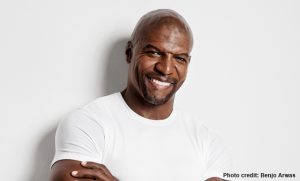BTS: Why Can’t You Speak English Better?

I am feeling salty today. So grab a cup of hot tea (and maybe a slice of delicious cake to make this all go down better). There’s no shame in not speaking English perfectly as a foreign language. But it is obnoxious to use a person’s words specifically for the intent of shaming them.








